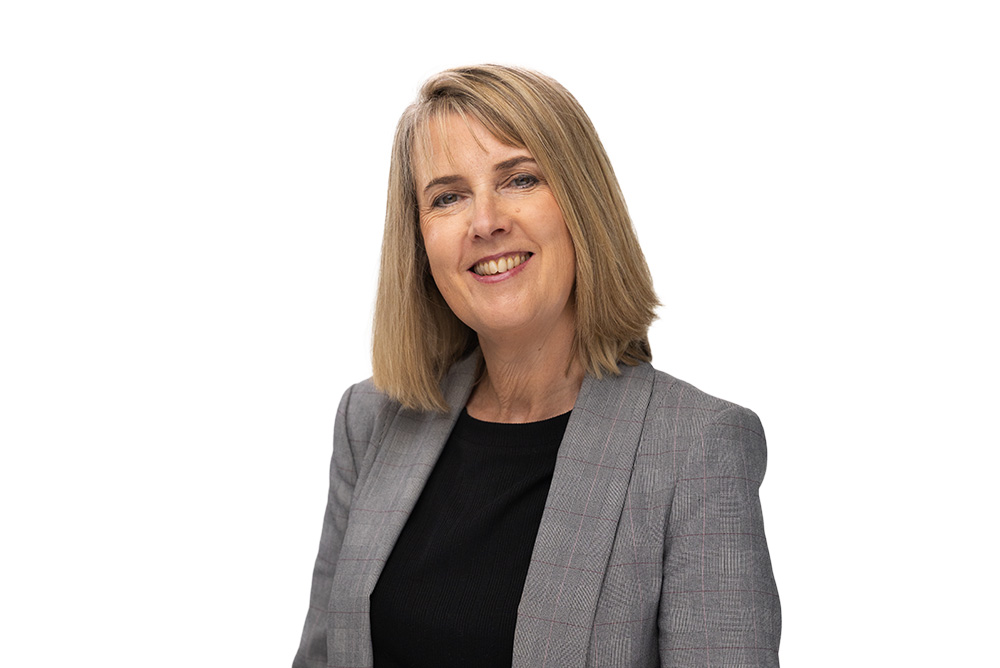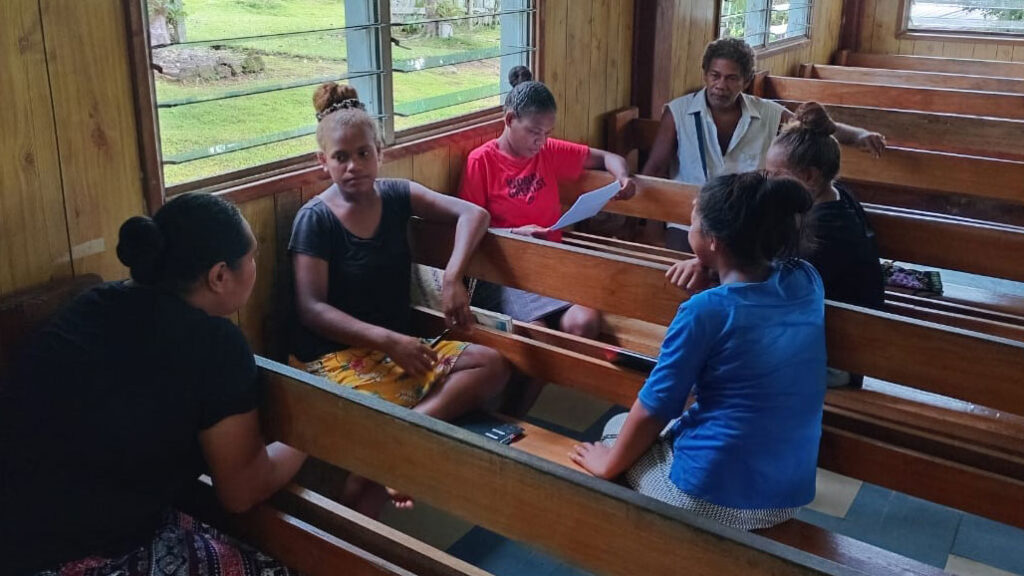Sitting with my husband in Sabbath School recently, we were struck by how few people were there. It’s a large church, making the many empty pews especially apparent. It was the same story the following week. And the next. Actually, it has been like that for some time. But it’s a different story for the worship service—by the time the 11am service begins many of the empty pews have been filled.
After speaking to a few of my friends I soon realised that ours was not an isolated case; it’s happening in many of our churches. Skipping Sabbath School has become the norm for many Adventists it seems. (The exception are children’s Sabbath Schools, which continue to attract healthy numbers.)
So why are people not bothering to go? Is it simply that they are struggling to get out of bed on Sabbath mornings?
The answer is yes for some people but that’s not the only reason, according to Dr Leigh Rice, who holds the Sabbath School portfolio within the South Pacific Division’s Discipleship Ministries team.
“I think that often what happens in Sabbath School is dull and predictable,” he said.
According to Dr Rice, many churches have forgotten that the original Sabbath School model was set up for four purposes: Bible study, world mission, fellowship and community service. Most are excelling in the area of Bible study, which is a good thing, but are overlooking the other three, especially community service.
“Sabbath School needs to have a local community engagement focus and I think that’s an area that many Adventist churches have backed right away from,” he said.
“Whereas I think that’s what gives life and vitality and heart to Sabbath School, people coming back from those engagements in the community.
“Where there is good attendance Sabbath School is alive and people are engaged in it. It’s wholistic in its approach; it’s not just a narrow focus on the Bible study and neglecting the other aspects.” [pullquote]
Being more community-focused might even involve closing the doors of the church every now and then.
“For example, a church in American Samoa has made the decision to close its doors once a month and the members go out into their own villages and do their Sabbath School, sing their songs and connect with the community,” Dr Rice said.
“And it looks like they will be planting some new churches there as a result of those initiatives of actually just getting out of the church and into the community.”
Dr Rice believes Sabbath School should be a place where people share their stories of community involvement, which would help to inspire and reinvigorate the church. It should also be a training ground where members learn basic skills of community engagement and sharing their faith.
“I think it needs to be intentional. I think anything that gives a church more outward focus is going to be good for them. People are never going to have vibrant spiritual lives simply by spending more time reading the Bible and praying. There needs to be activity as well and, in the Christian life, that activity is community engagement.
“In Australia there are a few places where Sabbath School has gone through some revitalisation and positive things are happening but it takes a really intense focus on the part of the church.”
So is your church up for the challenge?






